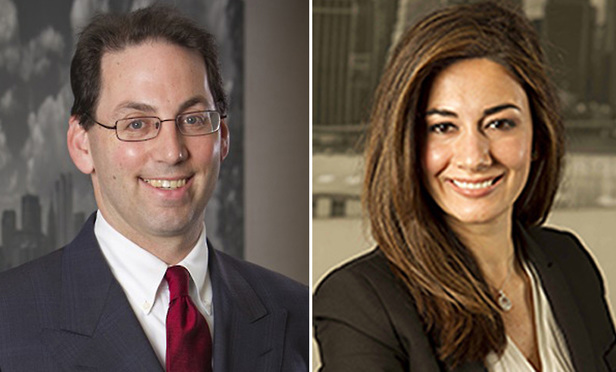Many litigants are understandably reluctant to publicly disclose the terms of their settlement agreements. An August 2015 decision by the U.S. Court of Appeals for the Second Circuit, Cheeks v. Freeport Pancake House, 796 F.3d 199, 2015 U.S. App. LEXIS 13815 (2d Cir. 2015), nonetheless prevents parties from voluntarily entering into private settlements of claims under the Fair Labor Standards Act (FLSA) in New York’s federal district courts.1 This article discusses certain district court decisions construing Cheeks and strategies employers have utilized in response to it.
Until Cheeks, if a wage-and-hour case was settled at a conference before one of the district courts within the Second Circuit, the parties could finalize a written settlement agreement and simply submit a stipulation of dismissal for the court’s endorsement, or agree to place the material terms of their settlement on the record, which would often include, inter alia, a requirement that the parties keep their settlement confidential, and that the employee provide the employer with a broad, general release. Only in limited circumstances would parties typically choose to submit a settlement agreement for judicial approval in an individual wage-and-hour case, whereas collective or class action settlement of FLSA claims have always required court approval. Souza v. 65 St. Marks Bistro, No. 15-cv-327, 2015 U.S. Dist. LEXIS 151144, at **4-5 (SDNY, Nov. 16, 2015; internal citations omitted).
This content has been archived. It is available through our partners, LexisNexis® and Bloomberg Law.
To view this content, please continue to their sites.
Not a Lexis Subscriber?
Subscribe Now
Not a Bloomberg Law Subscriber?
Subscribe Now
LexisNexis® and Bloomberg Law are third party online distributors of the broad collection of current and archived versions of ALM's legal news publications. LexisNexis® and Bloomberg Law customers are able to access and use ALM's content, including content from the National Law Journal, The American Lawyer, Legaltech News, The New York Law Journal, and Corporate Counsel, as well as other sources of legal information.
For questions call 1-877-256-2472 or contact us at [email protected]



